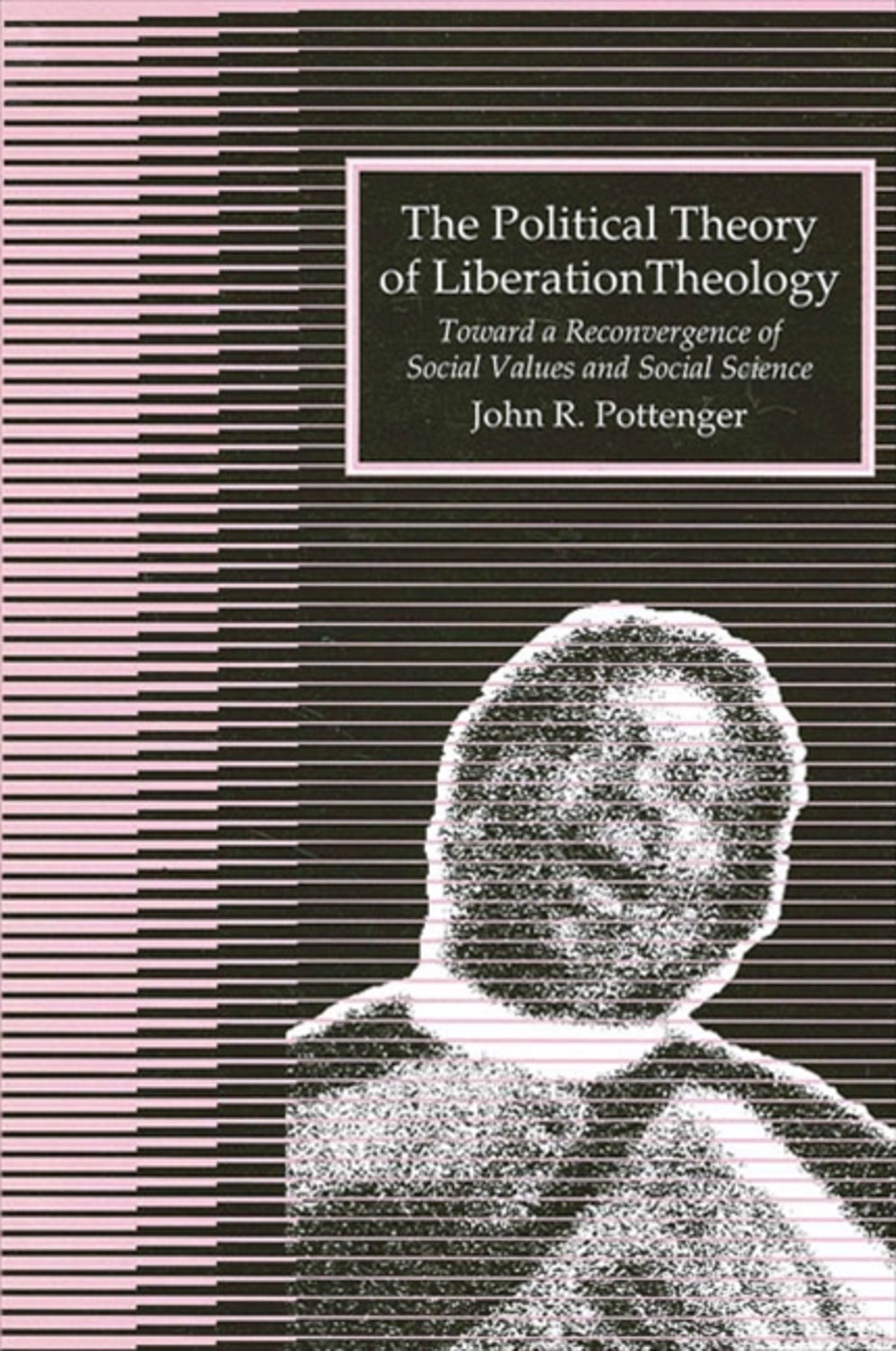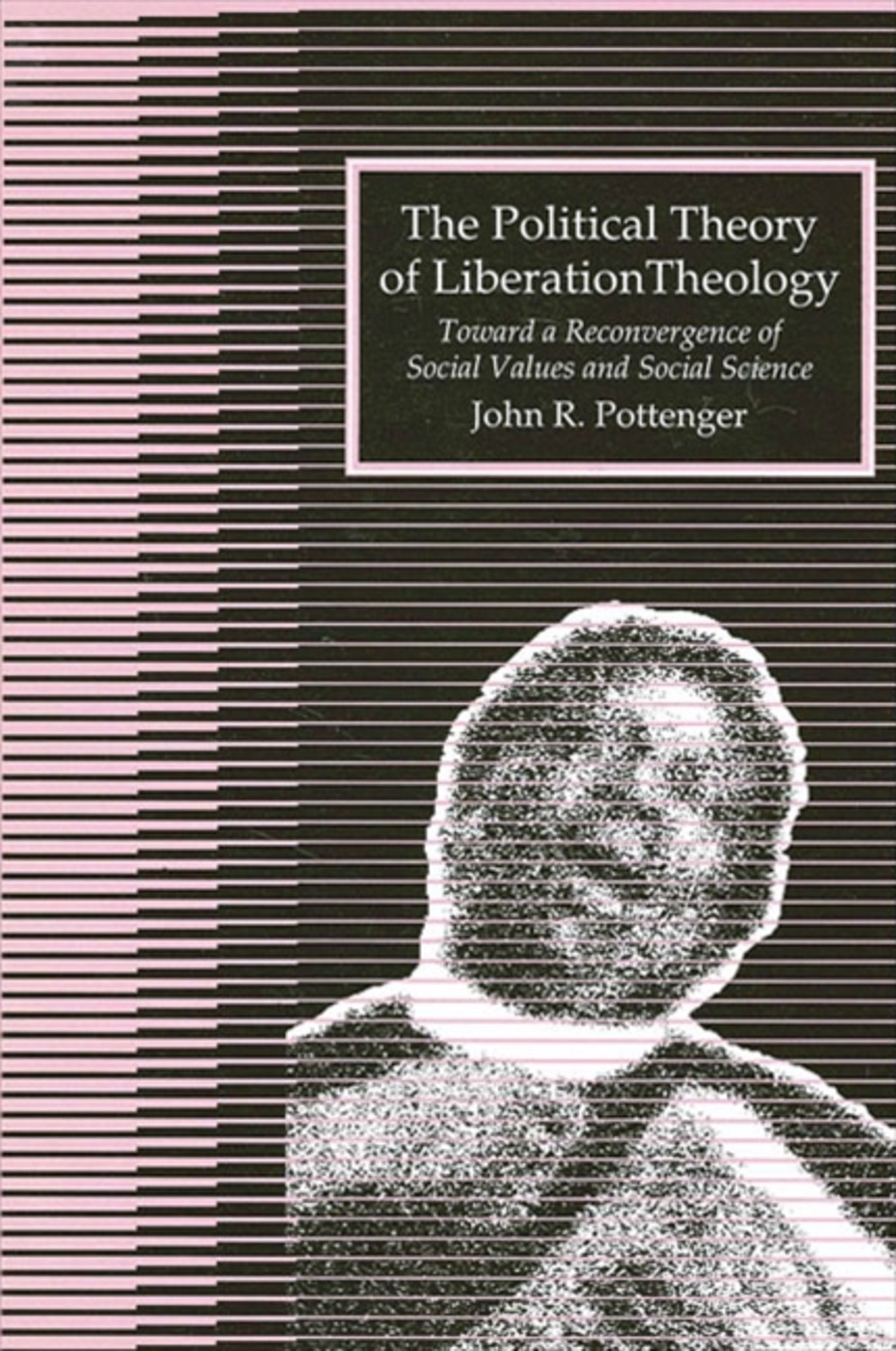We're sorry. An error has occurred
Please cancel or retry.
The Political Theory of Liberation Theology

Some error occured while loading the Quick View. Please close the Quick View and try reloading the page.
Couldn't load pickup availability
- Format:
-
14 September 1989

This is the first in-depth look at the political theoretical structure of liberation theology. Pottenger shows how liberation theologians, writing from the perspective of the poor and oppressed, denounce modernity and especially capitalism for having caused poverty and military dictatorships. He evaluates the liberation theologians' methodological approach to political theory and the crucial role of Marxism. He also analyzes liberation theologians' assessment of Latin American political economy and their moral arguments for political activism in response to these assessments.
Pottenger addresses the general question of to what extent liberation theology has achieved its ultimate objective of a just society-of the convergence of traditional social values and modern political science.


"This book goes beyond a simple survey of liberation theology to deal with complex issues linking theory and practice in social life. It offers an overview of the central issues raised by liberation theology and presents its methodological implications. The relation of fact and value is explored, and questions are raised about ethical theory."— Virginia L. Muller, University of San Diego
Acknowledgments
Introduction
1. The Context of Liberation Theology
The Religious Context
The Political Theoretical Context
Toward Restoring the Moral Critique: Liberation Theology
2. Toward a Methodology for Liberation
Introduction
Critique of Academic Theology
Limits and Grounding
Liberation Theology as a Process Theology of Society
Conclusion
3. The Marxist-Christian Tension
Introduction
Conservative Criticisms
Marxisms and Marx
Maintaining the Tension
Conclusion
4. Assessing Latin American Political Economies
Introduction
The World Economy
The National Security State
Limitations of Liberation Theology's Assessments
Conclusion
5. The Ethics of Reform and Revolution
Introduction
Reformist Politics
Revolution and Violence
Conclusion
6. Ethics and Social Theory
Introduction
Human Nature and Politics
Theory Construction
Critical Theory and Liberation Theology
Conclusion
Appendix: Brief Biographies of Selected Liberation Theologians
Notes
Bibliography
Liberation Theology
Related Topics
Index



